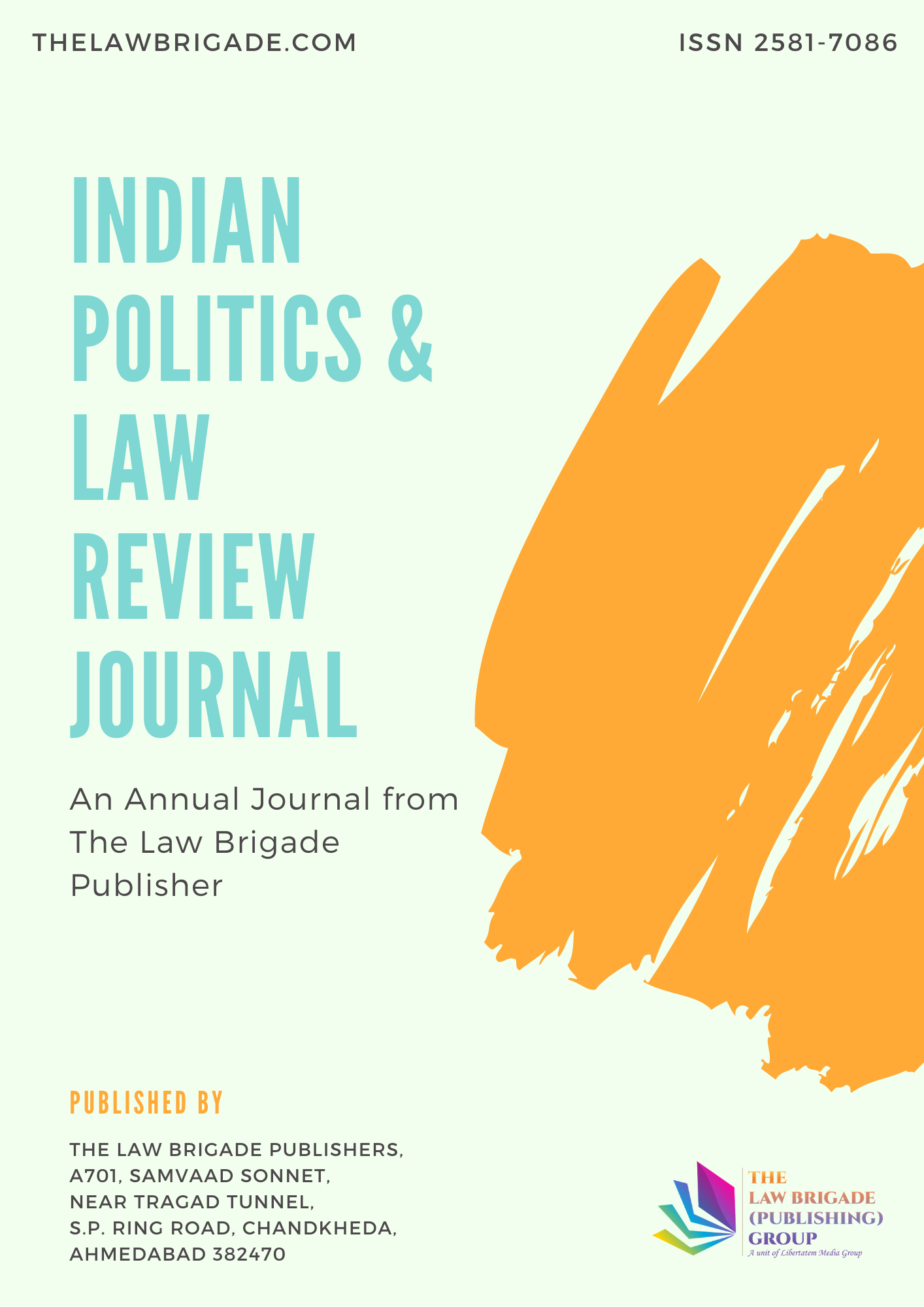The Government of India and various State Governments have enacted several security laws in India and in the respective States, respectively, since independence. The main purpose of these laws has always been intended to maintain peace and harmony within the society and to prevent terrorism.
However, these laws are least used to serve their intended purpose and have mostly been abused by the governments to silence the dissenters. These laws in independent India are nothing more than a colonial legacy that our legislators should have chosen to avoid adopting after independence.
Although it is important to have stricter security laws in a country because the security of people is a task vested in the hands of the State, the State cannot act arbitrarily and suppress the dissent behind the veil of national security. It is important that the provisions of a security law are reasonable and within constitutional limits.
This research article critically analyses the provisions of two security laws, viz. the Unlawful Activities (Prevention) Act, 1967 and the National Security Act, 1980 that are currently in force in India and are widely used against people by the union and the state governments on various occasions.
This article also criticises the approach of the Supreme Court of India in dealing with cases under these and other security laws. The article concludes with suggestions to the executive as well as the judiciary to act according to the constitutional principles in dealing with the cases relating to these laws in order to uphold the constitutional spirit which is the essence of the Indian democracy.





